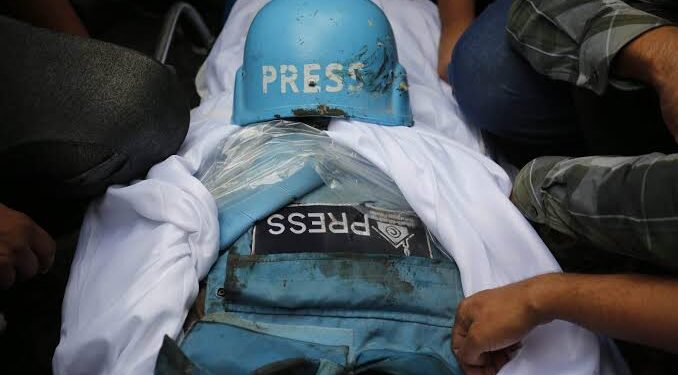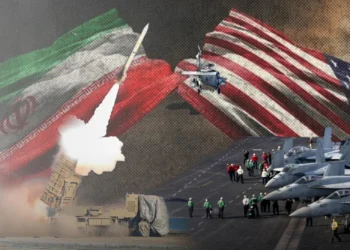Since the Israel-Gaza war began on October 7, 2023, it has become the deadliest conflict for journalists in recent history, with at least 229 journalists and media workers killed as of July 1, 2025, according to reports from media organizations and posts on X. The vast majority of those killed were Palestinian, alongside a small number of Israeli and Lebanese journalists, highlighting the extreme dangers faced by those reporting from the war-torn region.
The Committee to Protect Journalists (CPJ), a global press freedom group, has documented at least 185 journalist deaths as of June 16, 2025, with 177 being Palestinian, two Israeli, and six Lebanese. The International Federation of Journalists (IFJ) reported 184 deaths by April 2025, while the Gaza government’s media office estimated 202 Palestinian journalists killed by January 2025. A recent post on X reported the death of photojournalist Baraa al-Najjar in an Israeli airstrike in northern Gaza, bringing the toll to at least 229.
Most journalists have been killed by Israeli airstrikes, with some reports indicating deliberate targeting. The CPJ has confirmed at least 17 journalists were directly targeted by Israeli forces, classifying these as murders, and is investigating 20 more cases. For example, Al Jazeera journalist Hossam Shabat was killed in March 2025 when an Israeli strike hit his car. Israel’s military has denied deliberately targeting journalists, stating it focuses on military targets, but press freedom groups argue that the high death toll and attacks on media facilities suggest otherwise.
Journalists in Gaza face immense risks, including bombardment, famine, and displacement, with 90% of Gaza’s population displaced and 80% of its buildings destroyed. Many journalists, especially freelancers, work without the protection of major media organizations, and Israel’s restrictions on international media access mean local reporters are the primary source of information. At least 73 media offices have been damaged or destroyed, and dozens of journalists have been injured or detained.
The war, sparked by Hamas’ attack on Israel that killed around 1,200 people, has led to over 50,000 Palestinian deaths, according to Gaza’s health authorities. The targeting of journalists has raised global concern, with United Nations experts calling such killings potential war crimes and urging independent investigations. Press freedom groups like Reporters Without Borders and the IFJ have called for Israel to allow international journalists into Gaza and ensure the safety of media workers.
The loss of so many journalists has created a “news void,” making it harder to document the conflict and potential war crimes. Despite the dangers, Palestinian journalists continue to report, risking their lives to share the realities of the war with the world.




































